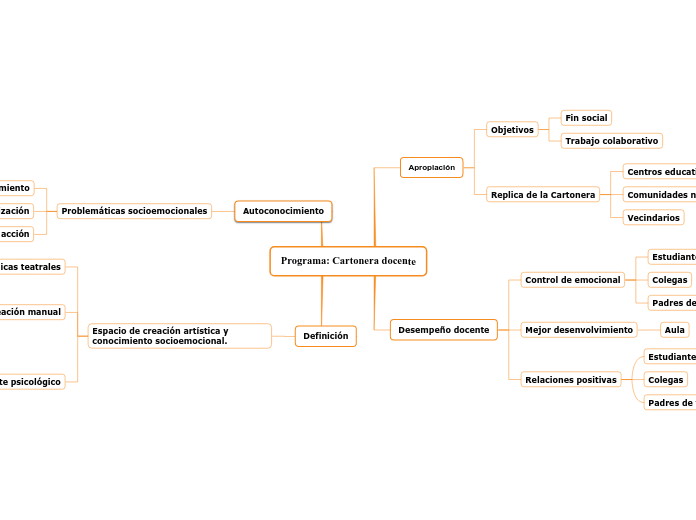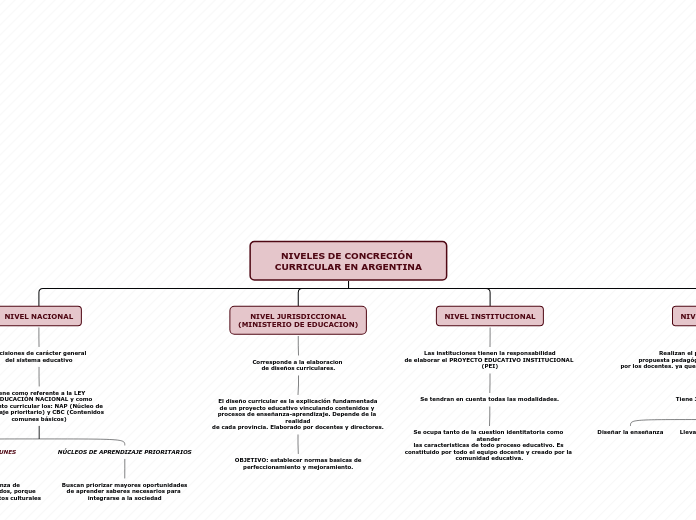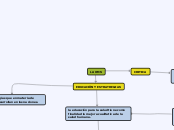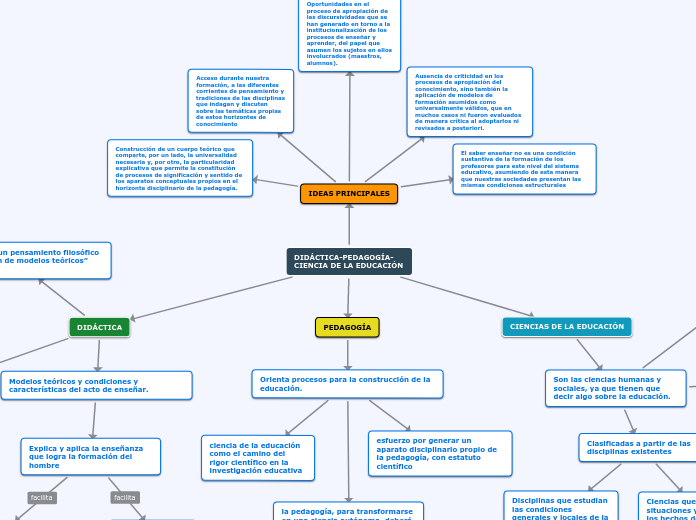Programa: Cartonera docente
In linguistics, syntax is the set of rules, principles, and processes that govern the structure of sentences in a given language, usually including word order.
Definición
A compound sentence is a sentence that has at least two independent clauses joined by a comma, semicolon or conjunction. An independent clause is a clause that has a subject and verb and forms a complete thought.
Espacio de creación artística y conocimiento socioemocional.
When independent clauses are joined with coordinators (also called coordinating conjunctions), commas and semicolons, they do more than just join the clauses. They add meaning and flow to your writing.
Soporte psicológico
Conversatorio
Técnicas de control
Charlas
Creación manual
Cuerpo de libro
Pintura
Literatura
Técnicas teatrales
Impro
Autoconocimiento
A complex sentence is a sentence that contains an independent clause and one or more dependent clauses.
An independent clause can stand alone as a sentence, but a dependent clause even though it has a subject and a verb cannot stand alone.
Problemáticas socioemocionales
The subject of a sentence is the person, place, thing, or idea that is doing or being something. You can find the subject of a sentence if you can find the verb.
Ask the question, 'Who or what 'verbs' or 'verbed'?' and the answer to that question is the subject.
Plan de acción
Interiorización
Reconocimiento
Desempeño docente
Relaciones positivas
Mejor desenvolvimiento
See the example below and try to create your own simple sentences.
Tim is the driver.
Aula
Control de emocional
See the example below and try to create your own simple sentences.
Tim drives the car.
Padres de familia
Colegas
Estudiantes
Apropiación
Replica de la Cartonera
The predicate of a sentence is the part that modifies the subject in some way. Because the subject is the person, place, or thing that a sentence is about, the predicate must contain a verb explaining what the subject does and can also include a modifier.
Vecindarios
Comunidades nativas
Centros educativos
Objetivos
An adverbial is an individual word (that is, an adverb), a phrase, or a clause that can modify a verb, an adjective, or a complete sentence.
Trabajo colaborativo
Fin social









